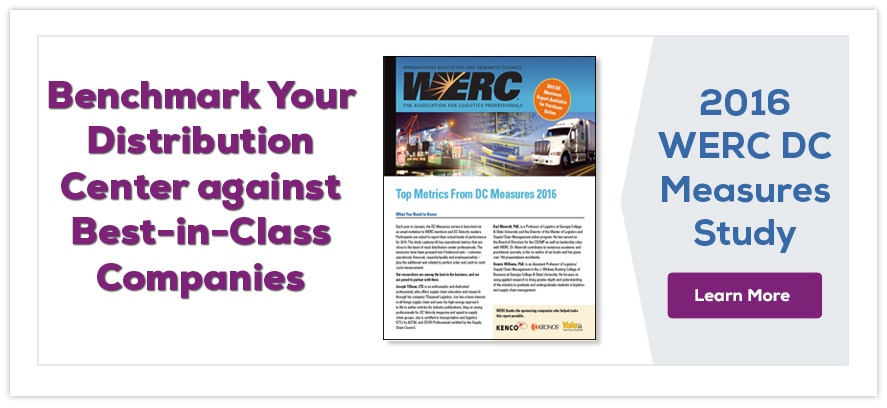
Staying ahead of the competition and finding new ways to better deliver your product is a challenge for any company. Innovation is critical, but companies often don't know where to begin. Perhaps their inaction is the result of a lack of vision / creativity, a rigid corporate culture, or being unable to make a financial commitment.
Kenco has always encouraged innovation and change from within our ranks, although previously we've not had a formal process to review, vet, and properly evaluate new ideas. Following in the footsteps of large companies leading the innovation charge like Amazon and Google X – our company recently formed a new division to formally embrace research and innovation. We call it Kenco Innovation Labs, and like these other companies; our goal is to identify new technologies, processes, and trends that demonstrate promising approaches to how we provide solutions to our customers.
The word innovation has become the buzzword of the decade and we feel its overuse has led to the marginalization of its once noble origins. One of the first agenda items Kenco Innovation Labs had was to establish a working definition to guide the direction of research and prototypes our group was created to pursue. This turned out to be much more difficult, because unlike universally understood words like coffee, dog, and pizza; our research concluded no single definition of innovation. Like Miss America contestants sharing their dreams for world peace, the term innovation has become the canned response of executives and politicians when asked, “What do we need to be successful?” So we took a step back, consumed a little more research from a growing list of books and articles, and got back together in hope of establishing some clarity.
While I like this definition, it's still a very broad statement. Think about it this way - when a company implements new ideas - to call every change an innovation, you might argue it belittles the possible scale of progress. What does "significant change" mean anyway? I think we could agree examples of "significant change" would certainly apply to disruptive events - like the invention of the wheel, gunpowder, cell phones, nuclear fusion, and the Internet. You might also argue "significant change" is a 30% or more improvement in an existing object - like the fuel economy of a combustion engine, the processing power of a computer processor, or the number of megapixels on a digital camera. If I'm a Silicon Valley investor, companies delivering this definition of innovation are certainly where I'd want to invest my money. But in our world of logistics, does the bar for "significant change" really need to be this high? Our business is one of low margins and high volume. Incremental changes, no matter how small or significant, often yield huge changes over time.
After much discussion, our consensus is this: our working definition of innovation does not necessarily have to be "significant" - at least not to the degree discussed above. Although, we will still pursue what Berkum describes as "significant" ideas, we believe low hanging fruit can often yield significant change in the logistics space - and often with a much lower financial investment.
Here are a few other lessons we've learned:
- Innovation does not equate to starting from scratch. As you look back through history you'll find countless entrepreneurs who looked into their crowded marketplace and decided to recreate an ordinary business. For example, Elon Musk (Tesla Motors) didn't invent the automobile and Steve Jobs didn't invent the desktop computer. Yet, few can argue their accomplishments are nothing short of true innovation.
- Innovation will surely emerge from any level within the company - from a forklift driver to the CEO. Companies need to have a culture and a process for capturing any idea that an employee, at any level.
- Innovation doesn't have to be a new technology or gadget - sometimes it can be a simple process change that makes an existing process better / faster / cheaper.
- Innovation doesn't have to be disruptive. In logistics, we can realize positive benefits with small process changes.
- Innovation sometimes begins as a "solution in search of a problem.” This approach is helpful to think outside the box as creative approach to solving a problem.
I'm certain our definition will evolve over the next few months, but this is how we've chosen to define it for now.
Innovation is the successful application an idea, device, or more efficient process to provide better solutions or create business value.
Check back soon as we plan to tweak our definition, reveal new projects, and share other insights on innovation. We are always learning more about this topic and refining our approach to make our company one of the most forward-thinking 3PLs in the logistics industry – please feel free to comment below with your thoughts or insights.



